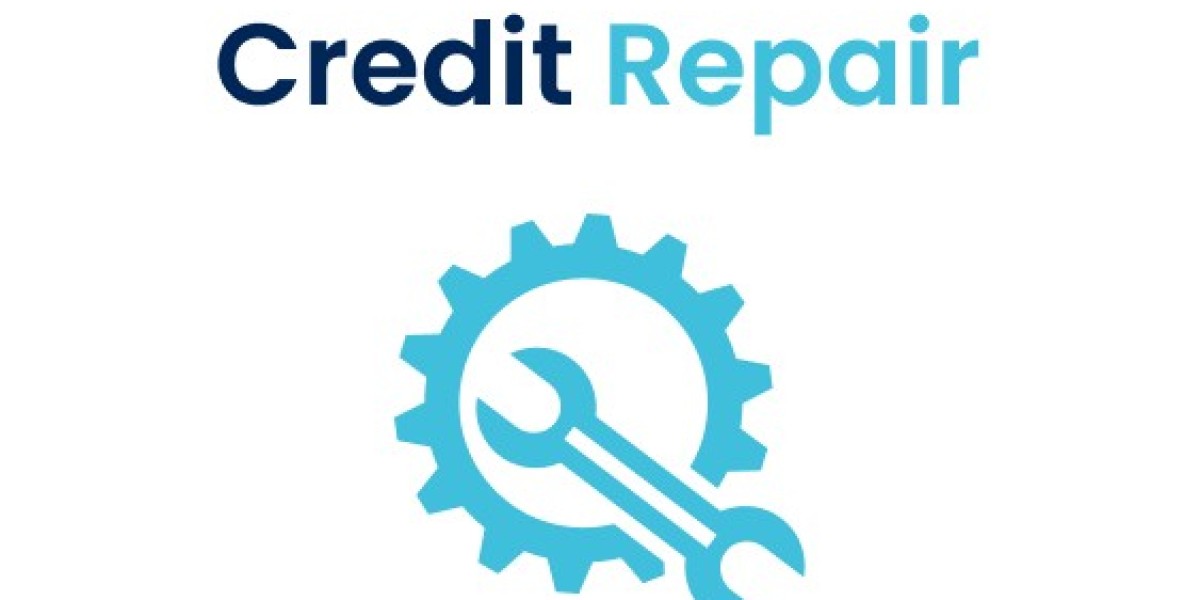Your credit score is more than just a number; it's a key that unlocks many opportunities in life. From buying a car or a home to securing a loan or a credit card, a healthy credit score is essential. However, life's uncertainties can sometimes lead to financial challenges, causing your credit score to suffer. Fortunately, credit repair offers a chance to mend your credit and build a stronger financial foundation. In this article, we will explore what credit repair is, why it matters, and steps you can take to embark on the journey of rebuilding your credit.
Understanding Credit Repair:
Credit repair refers to the process of improving a person's creditworthiness by addressing negative items on their credit report. These negative items may include late payments, collections, charge-offs, bankruptcies, or other inaccuracies that are dragging down the credit score. The goal of credit repair is to rectify these issues, leading to a higher credit score and improved financial prospects.
Why Credit Repair Matters:
Your credit score plays a vital role in determining your financial health. A higher credit score signals to lenders that you are a responsible borrower and are more likely to repay debts on time. This translates to better interest rates, increased chances of loan approval, and access to favorable financial opportunities. On the other hand, a low credit score can lead to loan rejections, higher interest rates, and limited access to credit products. Credit repair is essential because it empowers individuals to take charge of their financial future and unlock better opportunities.
Steps to Credit Repair:
1. Obtain Your Credit Reports:
The first step in credit repair is to obtain a copy of your credit reports from all three major credit bureaus: Equifax, Experian, and TransUnion. You are entitled to one free credit report from each bureau every 12 months through AnnualCreditReport.com. Review these reports carefully and identify any inaccuracies or negative items that need to be addressed.
2. Dispute Inaccuracies:
If you find any inaccuracies on your credit reports, such as errors in payment history or accounts that don't belong to you, file a dispute with the credit bureaus. They are obligated to investigate the disputed items and remove them if found to be inaccurate. This process can be done online or by mail, and you should include any supporting documentation to strengthen your case.
3. Pay Your Bills on Time:
Consistently paying your bills on time is one of the most critical factors in building a positive credit history. Late payments can significantly impact your credit score, so make it a priority to pay all your bills by their due dates. Set up reminders or automatic payments to avoid any slip-ups.
4. Reduce Credit Card Balances:
High credit card balances relative to your credit limit can negatively affect your credit score. Aim to keep your credit card utilization below 30% of your available credit. Paying down credit card balances can have a quick and positive impact on your credit score.
5. Negotiate with Creditors:
If you have accounts in collections or charge-offs, consider negotiating with the creditors or collection agencies. They may be willing to settle for a lesser amount or offer a payment plan, which can help you resolve outstanding debts and improve your credit standing.
6. Build Positive Credit History:
To rebuild your credit, consider obtaining a secured credit card or becoming an authorized user on someone else's credit card. Responsible use of credit and timely payments will gradually help improve your credit score.
7. Be Patient and Persistent:
Credit repair is not an overnight process. It requires patience and persistence as you work towards addressing negative items and building positive credit history. Stick to your plan and monitor your progress regularly.
In conclusion, credit repair is a powerful tool that allows individuals to take control of their financial destiny. By addressing inaccuracies, practicing responsible credit habits, and being proactive in rebuilding credit, you can gradually improve your credit score and open the door to a brighter financial future. Remember that credit repair takes time and effort, but the rewards of improved creditworthiness and financial opportunities make it well worth the journey.









